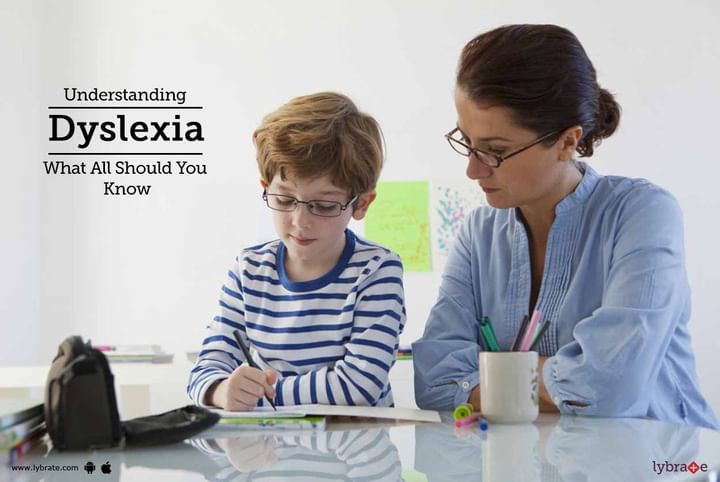Understanding Dyslexia - What All Should You Know
Dyslexia is a neurological condition which makes learning a difficult process in children. Children suffering from dyslexia find themselves incapable of reading and learning as compared to their peers. Dyslexia occurs when the brain cannot process graphic symbols. This causes difficulty in recognizing, spelling and also decoding words. The effect of this condition varies from one person to another and is most often a lifelong condition. It can also vary as a result of different ages in people. However, a slower reading level is one common characteristic that is present in all dyslexic children.
Dyslexia is a strictly neurological condition that has little to do with a person’s intelligence. It can also occur as a result of genetic conditions. Early detection of the condition can help in improvement before he or she reaches adolescence. A thorough evaluation process of the child will include the following aspects IQ level, language skills, ability of word recognition, phonological processing, automaticity skills, fluency skills, family history and also knowledge of vocabulary.
The most common symptoms of dyslexia include:
- Trouble reading
- Very slow progression to milestones such as walking, talking, crawling and learning to ride a bicycle.
- Slow development of speech
- Trouble with hand-eye coordination
- A slow rate of learning when it comes to data
- Problem with speech
- Very poor concentration span
- Children suffering from dyslexia are more prone to developing certain autoimmune diseases such as eczema and asthma.
Dyslexia is sometimes subdivided into a number of categories such as Surface Dyslexia, Rapid Deficit Dyslexia, Visual Dyslexia and Phonological Dyslexia.
There is no medical treatment for dyslexia and help generally includes assigning reading specialists, child psychologist, speech-language pathologists and child neuropsychologists.
Certain practices that you yourself follow when dealing with your dyslexic child are:
- Praise your child from time to time
- Remind your child that being dyslexic has nothing to do with intelligence levels
- Mix with other parents who have dyslexic children and interact with them about ways and strategies to heighten the child’s confidence level.
- Deal with your child patiently.



+1.svg)
